Weeds & Invasive Plants
All Weeds & Invasive Plants Content
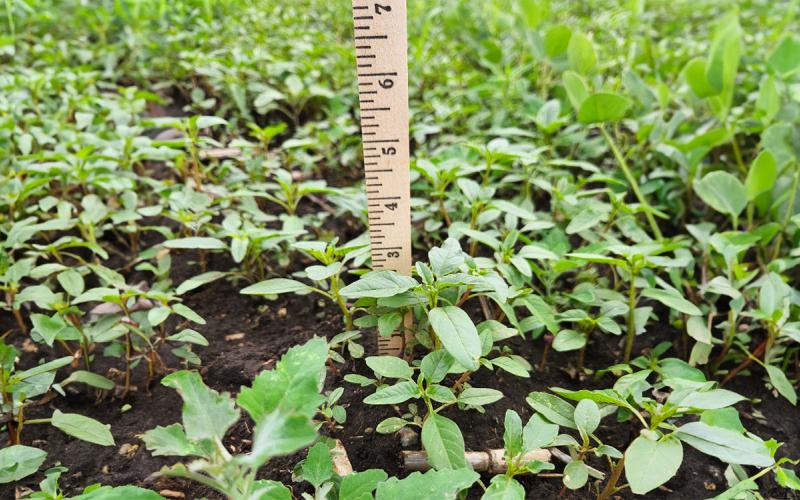
Postemergence Herbicide Applications Need to Happen Soon in Soybean
In soybean crops, postemergence herbicides should be applied to smaller weeds, but proper scouting is likely necessary before application. Learn everything you need to know before making an application this growing season.
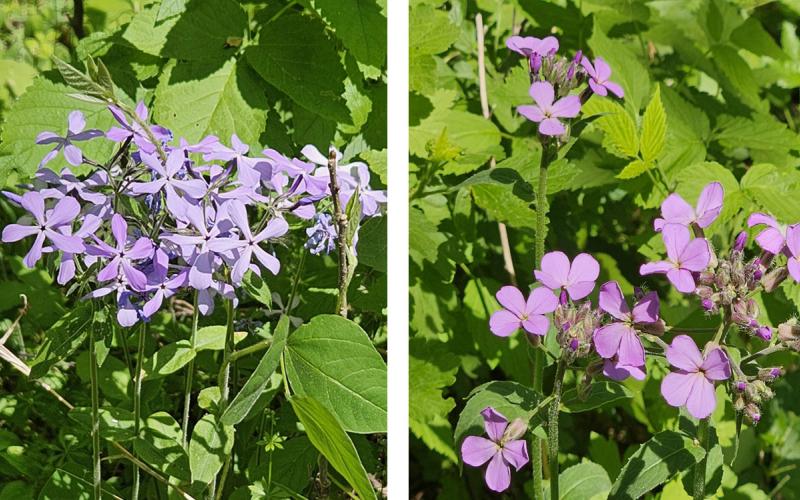
Plant Look-Alikes: What’s the Difference Between Phlox and Dame’s Rocket?
Distinguishing between native phlox flowers and the invasive dame's rocket can be challenging due to their similar appearances. Learn some key characteristics that can help you tell dame's rocket apart before it invades your property.
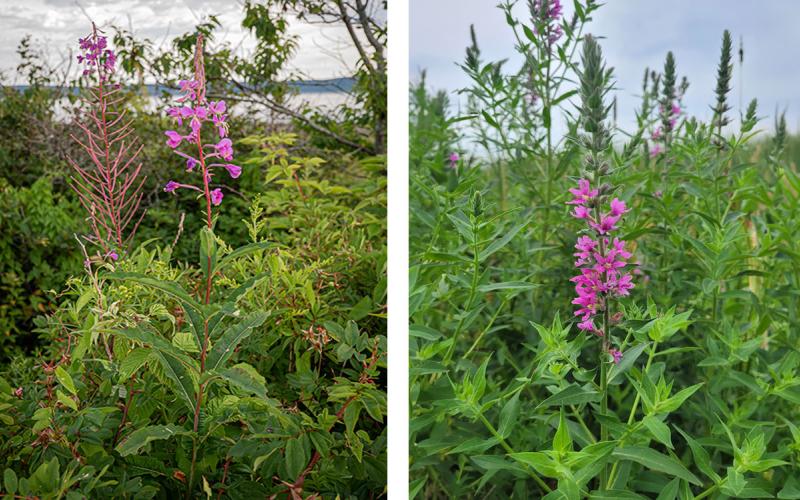
Plant Look-Alikes: What’s the Difference Between Fireweed and Purple Loosestrife?
Fireweed and purple loosestrife are often confused with one another due to their similar appearances, but the two plants have dramatically different impacts on the environment. Learn some key characteristics to help tell them apart.
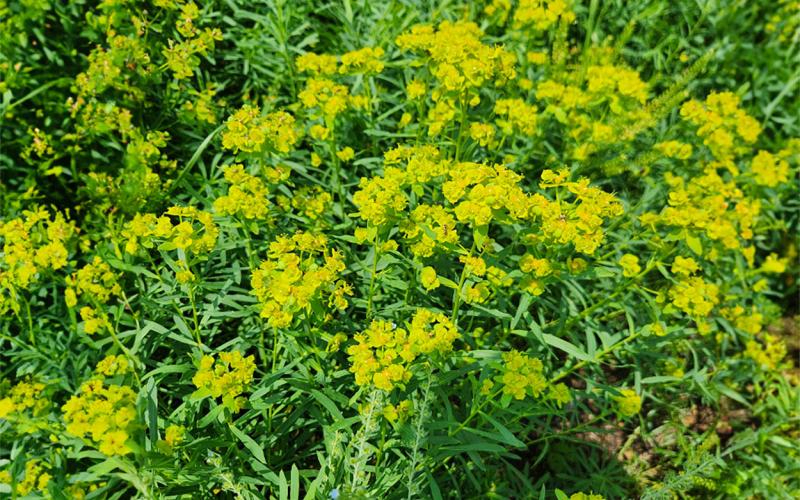
Leafy Spurge Management in the Early Summer
Early summer and fall integrated management tactics are critical for leafy spurge management. Now is the time to consider implementing early summer management tactics for leafy spurge.
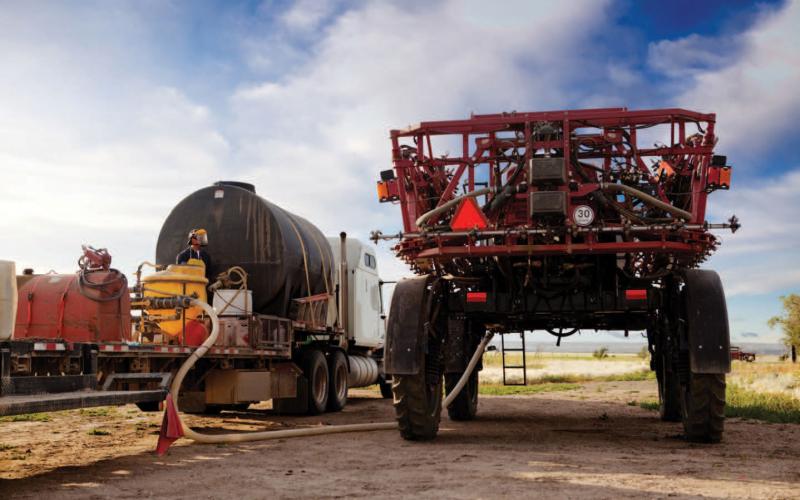
Dicamba Cannot be Applied Postemergence in Dicamba-Tolerant Soybeans After June 20
With weather delaying the planting of soybean, the clock is ticking to spray dicamba before the cutoff date of June 20, 2024. Learn what application tactics might work best before the deadline.
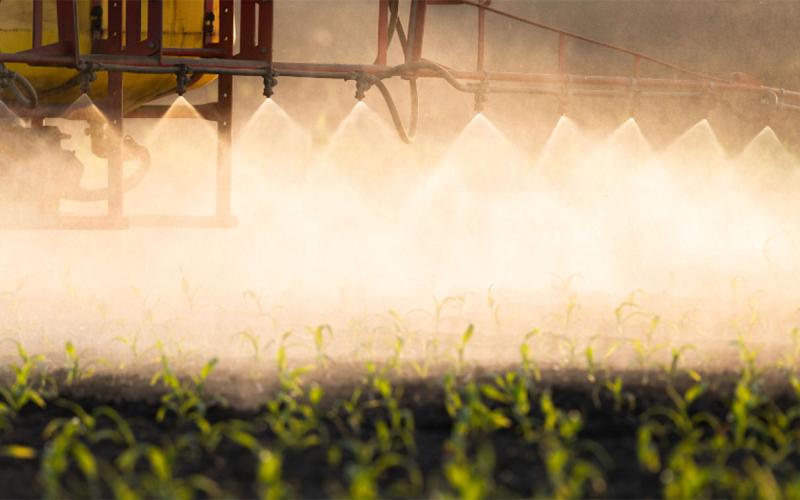
Considerations of Corn Postemergence Herbicides
Managing weeds after emergence is important to protect the yield potential of corn crops. Learn some important application considerations before selecting a postemergence herbicide.
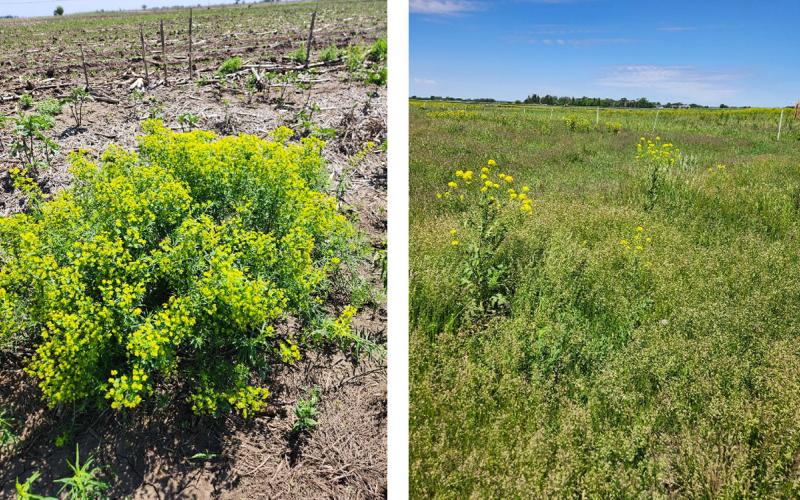
Leafy Spurge or an Imposter?
Leafy spurge is a statewide noxious weed that can be difficult to manage. However, are the recent yellow flowers appearing throughout South Dakota landscapes leafy spurge or another species?

Critical Period of Weed Control: A good, but not perfect guideline
The critical period of weed control is the period during a crop lifecycle when weeds need to be managed to avoid a significant yield loss.

SD 4-H team wins national land and range judging contest
May 29, 2024
The Haakon/Bennett County 4-H range judging team won first place at the 2024 National Land and Range Judging Contest held from April 30 to May 2, 2024, in El Reno, Oklahoma. Team members include Bennett County’s Emily Zickrick and Haakon County’s Colden Kramer, Ashley Schriever and Tara Schofield.
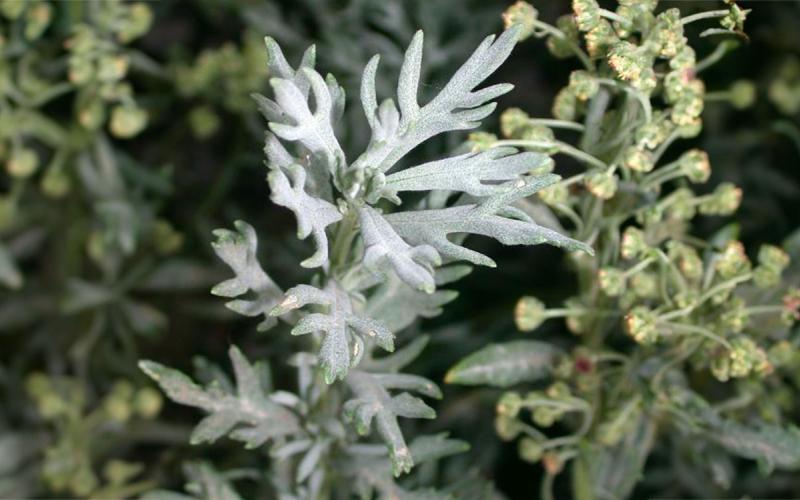
Absinth Wormwood Control in the Spring
Absinth wormwood is a difficult-to-control, noxious weed that can produce great amounts of seed (50,000 seeds per-stem) and spreads only by seed, illustrating the importance of management prior to seed production.